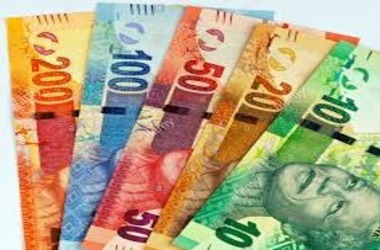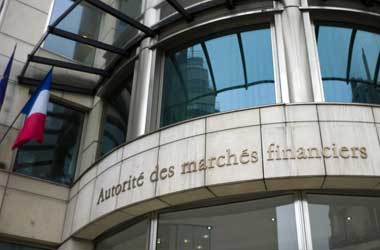 The euro dollar remained range bound against the yen despite the release of better than anticipated German producer price index (PPI) data, improvement in business environment (Ifo survey) and higher than anticipated current account surplus.
The euro dollar remained range bound against the yen despite the release of better than anticipated German producer price index (PPI) data, improvement in business environment (Ifo survey) and higher than anticipated current account surplus.
The gloomy outlook issued by ING was one of the reasons for range bound movement against the yen. On Friday, the EUR/JPY pair traded between 126.20 and 126.90.
According to Destatis, German Producer Price Index increased 0.2% m-o-m in November, following a rise of 0.1% in the earlier month and greater than the 0.1% growth anticipated by economists.
On y-o-y basis, the PPI for industrial products fell by 0.5% in November 2020. In the previous month, the PPI change was negative -0.7% on y-o-y basis, as per the data provided by the Federal Statistical Office.
Overall, energy prices declined 2.7% y-o-y in November, but rose by 0.4% on m-o-m basis. Furthermore, on y-o-y basis, cost of petroleum products declined 16.7%, while prices of natural gas fell by 5.2%. Electricity prices rose by 1.6%. Overall, the index, barring energy, rose by 0.3% y-o-y in November 2020.
Price of intermediate goods rose by 0.2% y-o-y in November. Similarly, price of precious metals increased 21.3%. While metallic secondary raw material increased 12.4%, copper rose by 9%. On the contrary, prices of paperboard declined 4.8% year-on-year. Prices of raw chemicals declined 4.5%. Also steel, iron and ferro-alloys recorded 2.8% drop.
Interestingly pork prices had plummeted 21.5%, after reaching their record high in December 2019. The prices now trade near February level as the Covid-19 pandemic has caused a severe jolt on the food service sector. Another reason is the ban of German pork meat by Asia. While price of butter fell by 1.8%, sugar price rose by 13.9%.
Data provided by Germany’s ifo Institute (Leibniz Institute for Economic Research at the University of Munich) indicated that business climate index increased slightly to 92.10 in December, from 90.90 in the earlier month. Economists had anticipated a small decline in the index reading to 90.20. The reported reading still stays below the reading of 92.50 recorded in October.
Notably, the current assessment index increased to 91.30 in December, from 90 in November. It is the highest recorded figure since March. However, improved anticipations stood lower than pre-pandemic February levels.
Three aspects are presently defining the near-term view: following two successive quarters of negative effect on expansion by inventories and construction sector, a reversal is expected. The previous time, there was three quarters of construction sector contraction was in 2004. Secondly, the manufacturing industry had a robust start to 4Q20, with confidence staying high and order books being filled.
Thirdly, the systematic shutdowns have caused weakening of economic activities in the services sector, while bringing a decline in overall consumption.
ING has published a report which forecasts double dip the fourth-quarter of 2020, but the contraction would be mild considering the strong performance of construction sector. Going forward, the financial institution anticipates lockdown initiatives to continue beyond 10th January.
According to the data published by the European Central Bank, the Eurozone current account surplus increased to €26.60 billion in October, from €25.20 billion in the earlier month and greater than the Consensus estimates of €22.60 billion.
Current account surplus was €228 billion in October, down from €272 billion in the similar period last year.




